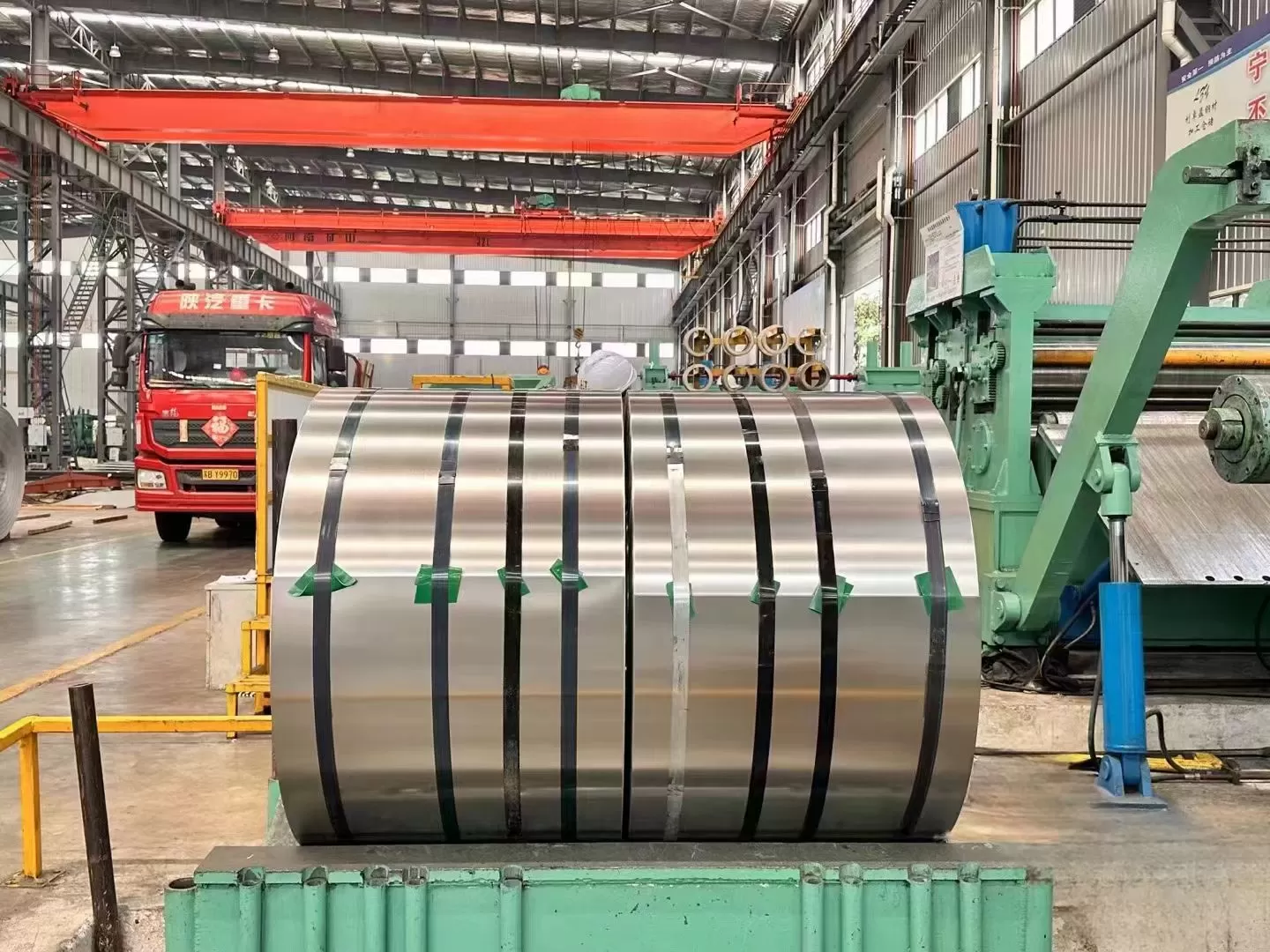Description
Monel 400
Material
UNS N04400, Alloy 400, W.Nr. 2.4360, Monel® 400
Note that the designation “ Monel®” is registered trademarks of Special Metals Corporation group of companies.
Overview
UNS N04400 is a single phase, solid-solution alloy that can be hardened only by cold working, rather than heat treatment, it has high strength and toughness over a wide temperature range and excellent resistance to many corrosive environments. Monel 400 has excellent mechanical properties at subzero temperatures. Strength and hardness increase with only slight impairment of ductility or impact resistance. The alloy does not undergo a ductile-to-brittle transition even when cooled to the temperature of liquid hydrogen, this is in marked contrast to many ferrous materials.
Application
- Marine Applications: Seawater valves, pump shafts, propeller shafts, fasteners, and other components
- Chemical Processing: Pumps, valves, heat exchangers, and reactor vessels
- Oil and Gas Industry: Wellhead components, valves, pump shafts, and tubing
- Aerospace Industry: Landing gear, fasteners, exhaust systems, and engine components
- Electrical and Electronic Components: Electrical connectors, switchgear components, terminals, and in the production of electronic devices
- Food Processing: Food handling and processing machinery, heat exchangers, and storage tanks
- Seawater Desalination: Pumps, valves, heat exchangers, and tubing
Chemical Composition (%)
| Material | Ni | C | Mn | Fe | S | Si | Cu |
|---|---|---|---|---|---|---|---|
| N04400 | 63.0 min | 0.30 max | 2.00 max | 2.50 max | 0.024 max | 0.50 max | 28.0-34.0 |
Mechanical Property
| Material | Tensile strength | Yield strength 0,2 | Elongation | Hardness HB30 |
|---|---|---|---|---|
| N04400 | 517-65 N/mm² | 172-345 N/mm² | 35-60% | 110-215 |
Corrosion Resistance
Monel 400 exhibits resistance to corrosion by many reducing media and offers exceptional resistance to hydrofluoric acid in all concentrations up to the boiling point. This versatility makes alloy 400 suitable for service in a variety of environments, and is perhaps the most resistant of all commonly used engineering alloys. For example, in most fresh and industrial waters, alloy 400 can resist to stress corrosion cracking and pitting.
Heat Treatment
Both cold-worked and hot-worked Monel 400 requires heat treatment to develop the optimum combination of strength and ductility and to minimize distortion during subsequent machining. Heating for 1 to 2 hr at 1000° to 1050°F will relieve strains in either hot or cold-worked products.
Heating and Pickling
Heating is commonly performed processes in the treatment of Monel 400 to achieve a specific temperature range for subsequent processes like welding, hot forming, or stress relieving, improve material ductility, reduce residual stresses, and facilitate further fabrication. Monel 400 will remain bright and free from discoloration when heated and cooled in a reducing atmosphere or quenched in an alcohol-water solution. The alloy will form an adherent oxide film if allowed to cool in air after heating.
Pickling is a chemical process, typically performed after welding, hot forming, or when the material's surface has become contaminated, to remove surface contaminants, scale, and oxide layers from Monel 400 and produce bright, clean surfaces. Pickling involves immersing the material in an acid solution to dissolve the unwanted layers. Commonly used acids include a mixture of nitric and hydrofluoric acids or a mixture of nitric and hydrochloric acids. As for immersion time, it depends on the severity of surface contaminants and the desired level of cleaning.
Hot and Cold Forming
The resistance to hot deformation of Monel 400 is softer than many steels, it can be be hot-formed into almost any shape. The recommended hot-forming temperature range for alloy 400 is 1200°F to 2150°F, in no case should the alloy be heated above 2150°F. It is important to note that prolonged soaking at hot-working temperatures is detrimental. If a delay occurs during processing, the furnace should be cut back to 1900°F and not brought to temperature until operations are resumed. For heavy reductions, recommended metal temperature is 1700° to 2150°F. Light reductions may be taken down to 1200°F. Working at the lower temperatures produces higher mechanical properties and smaller grain size.
Monel 400 is a ductile alloy that also can be cold formed to create various shapes and components. Cold forming processes are typically used when complex shapes or fine details are required without the need for high temperatures.
Machining
Monel 400 can be machined at satisfactory rates with machine tools generally employed by industry. In relieved material is recommended for best machinability and smoothest finish.
Welding
Monel 400 is readily joined by conventional processes and procedures. Most of the conventional welding processes may be used to join Monel 400 to itself or dissimilar alloys. The choice of welding product is dependent upon the materials being joined and the environment to which they will be exposed. For some applications, Nickel Welding Electrode 141, INCO-WELD A Welding Electrode, or INCONEL Welding Electrode 112 may be preferred.
Product Forms
- Bar & Rod
- Plate & Sheet
- Coil & Strip
- Pipe & Tube
- Fitting: Flange, Tee, Elbow, Reducer etc.
- Forging: Ring, Shaft, Circle, Block etc.
Note
Yupeng is a supplier with more than 15 years of experience in the special metal field, we always adheres to the business phiosophy of "customer-centered", tries its best to meet the requirements of customers and pursues win-win cooperation with customers. Are you looking for special metal products one-stop supplier! Contact Us Now! Email: admin@yupsteel.com

 EN
EN FR
FR ES
ES PT
PT AR
AR DE
DE
